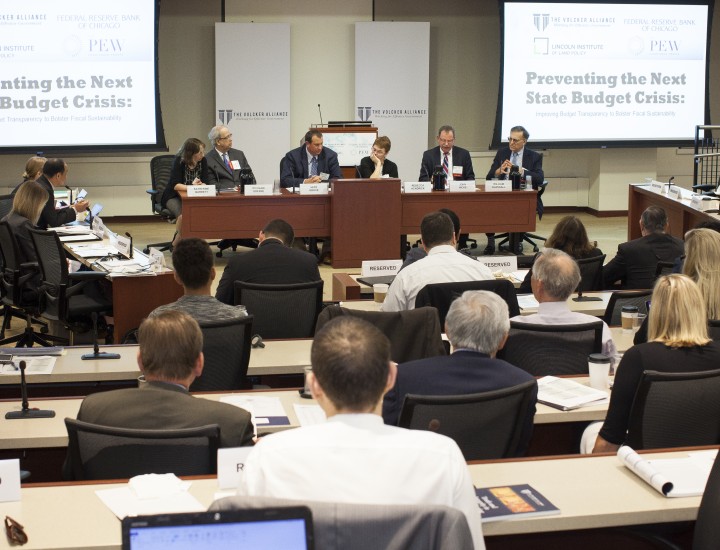Texas Vote Shows How States Are Taking on Infrastructure Burden

The trend of states putting more of their own money into infrastructure spending has received a major boost with the Texas Secretary of State reporting that an overwhelming 83 percent of voters approved Proposition 7, a constitutional amendment that will channel as much as $3 billion a year into road building and maintenance from the state general fund and taxes on motor-vehicle sales and rentals.
The Dallas Morning News cheered the vote as a simple solution to a complex problem:
Annual road costs are running into the billions of dollars, and payments on debt for transportation needs now exceed expenditures for new construction. Borrowing more or tolling aren’t viable long-term answers; hiking the gasoline tax, while logical, presents significant political problems. Adjusted for inflation, the 20-cent-per-gallon tax, unchanged since 1991, is worth a mere 9.2 cents per gallon today.
As Congress struggles to pass and fund a long-term transportation financing bill, states are chipping away at the $3.6 trillion that the American Society of Civil Engineers estimates is needed for infrastructure investment by 2020. While Texas’s Proposition 7 didn’t raise taxes, 16 states have raised gasoline or diesel-fuel levies since 2013, according to data compiled by Carl Davis, research director at the Institute on Taxation and Economic Policy.
In Texas, voters also approved a modest tax break for public-school property levies along with the road-funding amendment. Governor Greg Abbott applauded both moves, according to the Dallas newspaper:
“Voters sent a clear message tonight in their support for lowering taxes and building more roads,” the Republican said in a written statement. “While the federal government and other states throughout the country continue to raise taxes, increase regulations and amass insurmountable debt, Texas is proving exactly why it is the beacon of freedom throughout the country.”
